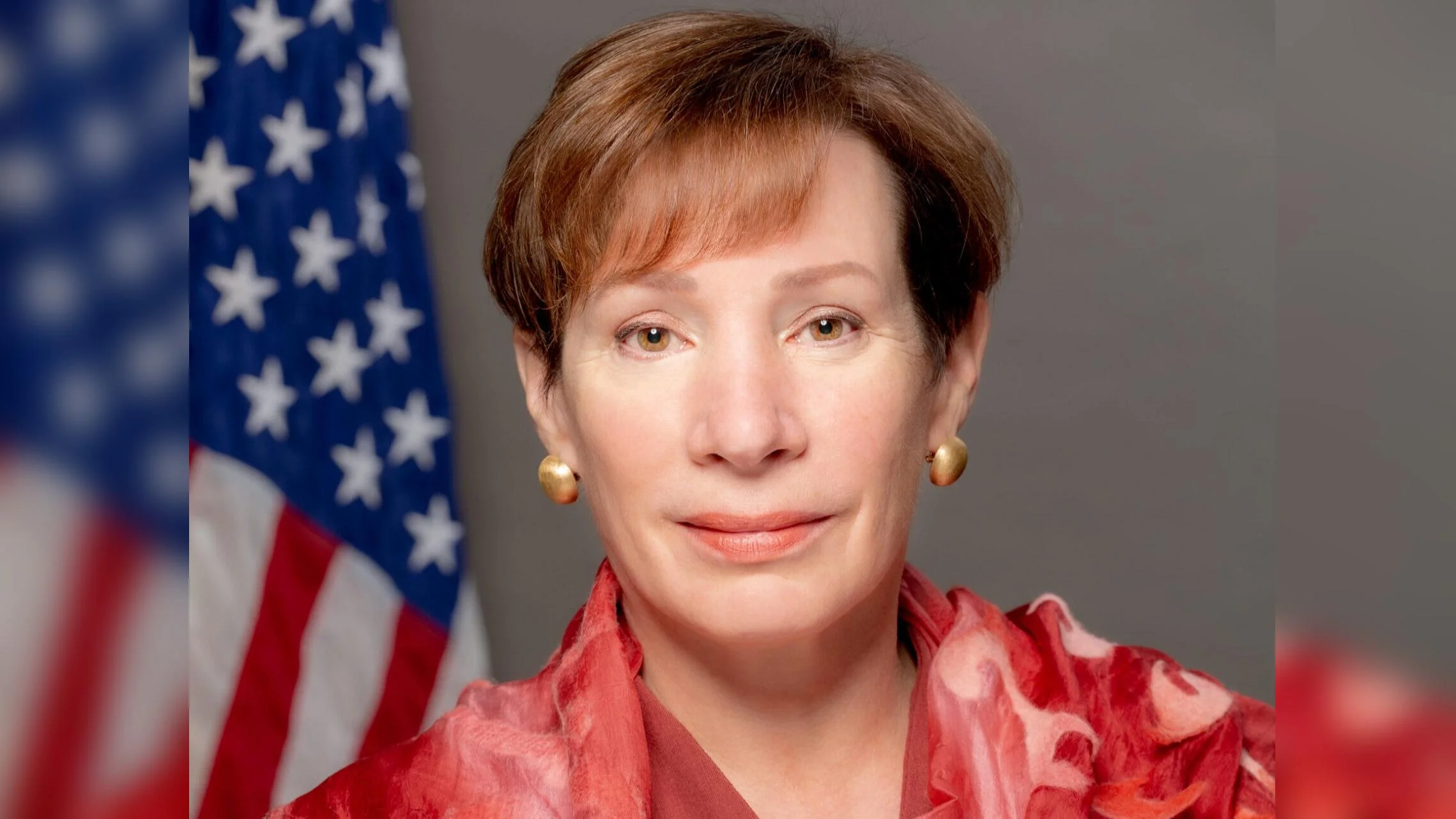After weeks of large-scale student protests in Bangladesh and violent clashes resulting in hundreds of deaths, former Prime Minister Sheikh Hasina left the country on August 5. Following her departure, Nobel laureate Muhammad Yunus was sworn in as Chief Advisor, a role equivalent to prime minister, leading an interim government from August 8.
The transition followed a period marked by significant human rights concerns under the previous administration. These included reports of arbitrary or unlawful killings, disappearances, torture, arbitrary detention, transnational repression targeting individuals abroad, and restrictions on freedom of expression. The report also highlights violence and threats against journalists and labor activists, censorship, unjustified arrests or prosecutions of journalists, curbs on workers’ freedom of association, and widespread child labor.
According to credible sources cited in the report, there was extensive impunity for abuses during the prior government’s tenure. Officials or security force members accused of such actions were rarely held accountable. After the change in leadership, members of the former government suspected of human rights violations were arrested by the Interim Government.
Human rights organizations and media documented serious abuses committed by the Bangladesh Chhatra League—the student wing of the former ruling Awami League party—during July and August. In response, the Interim Government collaborated with the United Nations and utilized both national courts and the Bangladeshi International Criminal Tribunal to prosecute those responsible.
"Read the full report here."

